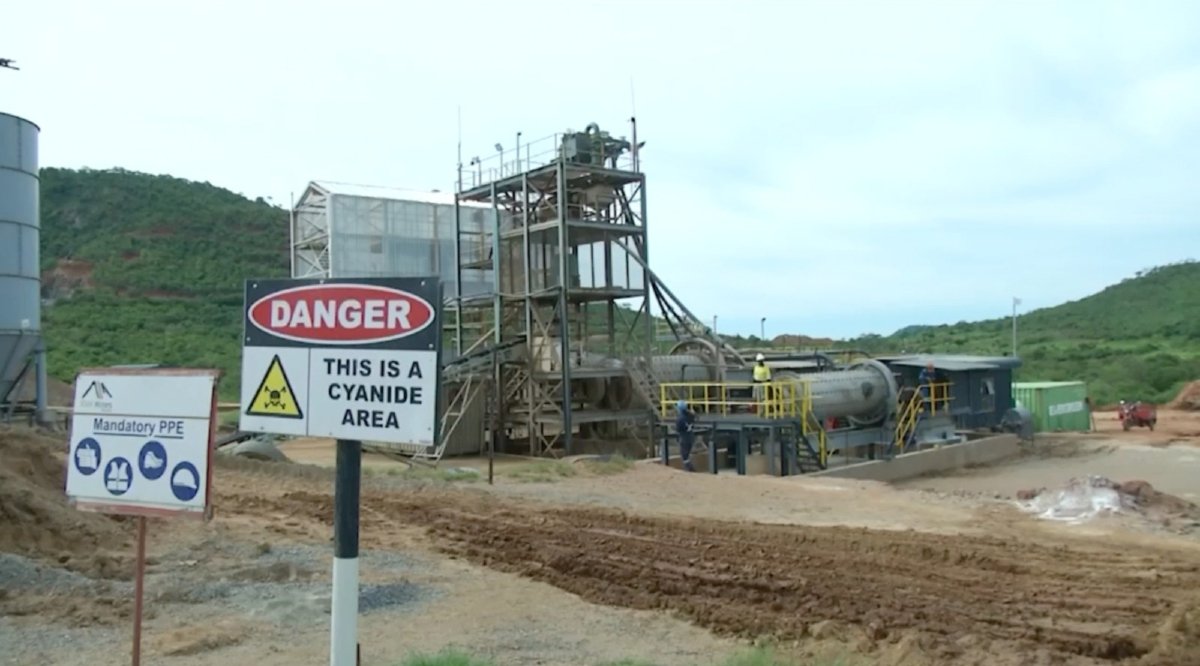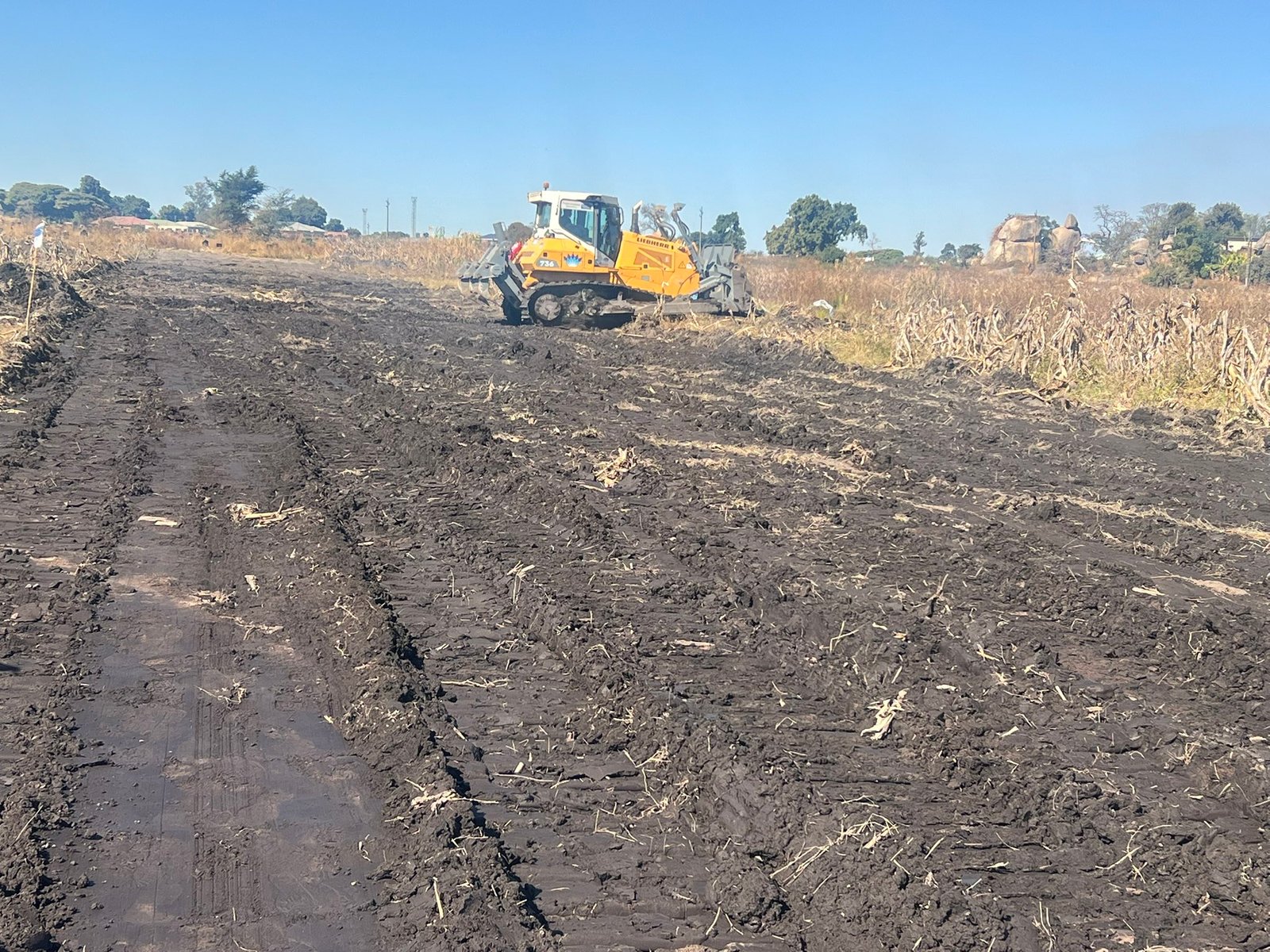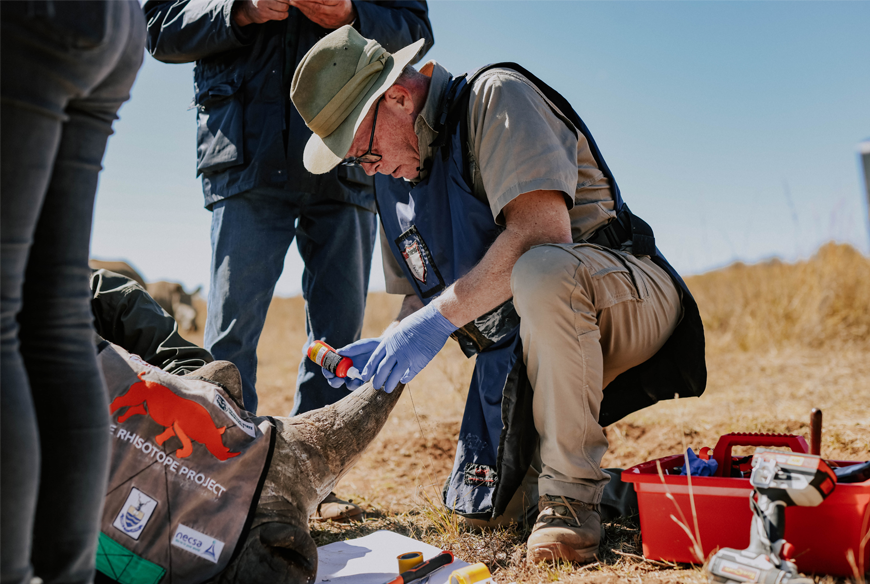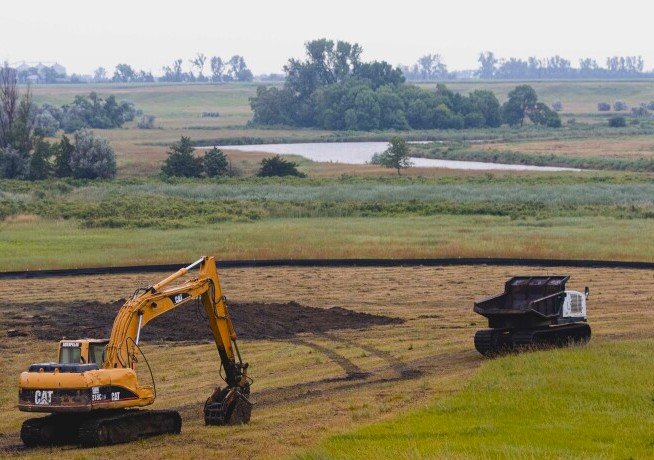The Environmental Management Agency (EMA) has ordered the temporary closure of Ran Mine in Bindura after traces of cyanide were discovered in the water supply system of Chipadze suburb.
The contamination followed a water spillage from the mine’s slime dam on Thursday, which affected local water sources and fish in the Pote River and Arcadia dams.
The shutdown aims to provide authorities with time to address the spillage and its impact on the environment and public health.
EMA’s Provincial Environment and Publicity Officer, Mr. Maxwell Mupotsa, says lab tests have revealed traces of cyanide in water near Mushambanhaka and Pote River, which is linked to fish deaths.
“Our laboratory analysis from Thursday up to today has been sampling boreholes and streams close to Mushambanhaka into Pote River, where there are reports of fish dying. We found that there are traces of cyanide in the area as well as clusters in Chipadze. We ordered them to stop operations and focus mainly on this health hazard.”
The decision to close the mine was made in collaboration with the Bindura Civil Protection Unit, which met on Wednesday to review laboratory findings and subsequently launched a community awareness campaign.
Environmental Health Officer Mr. Fungai Mangwambi advised Chipadze residents to avoid using well water to prevent consuming potentially contaminated groundwater.
“We just advised the community not to use the water from their wells because they are not fully protected. They must use the reticulation water from the council or local authority, which is a bit safer as of now, since we are expecting underground contamination.”
Chipadze residents expressed mixed reactions to the findings, particularly after Ran Mine assured them on Friday that the water was safe following its own tests.
“We were told the mine conducted tests and the water was safe, but we saw with our own eyes that vegetables and trees were affected. On top of that, we have some shallow wells, and now we are surprised we are being told not to use the water. Our health is now at risk because we have been drinking that water.”
Another resident added, “We are no longer sure what to believe because when they tested, they said the water was safe. Now we are being told not to wash plates after hearing fish, especially catfish, died at Pote.”
Authorities, including the Zimbabwe National Water Authority (ZINWA) and the Ministry of Health and Child Care, are conducting continuous assessments to monitor the situation. Decontamination efforts are expected to continue until the water supply is deemed safe for use.





